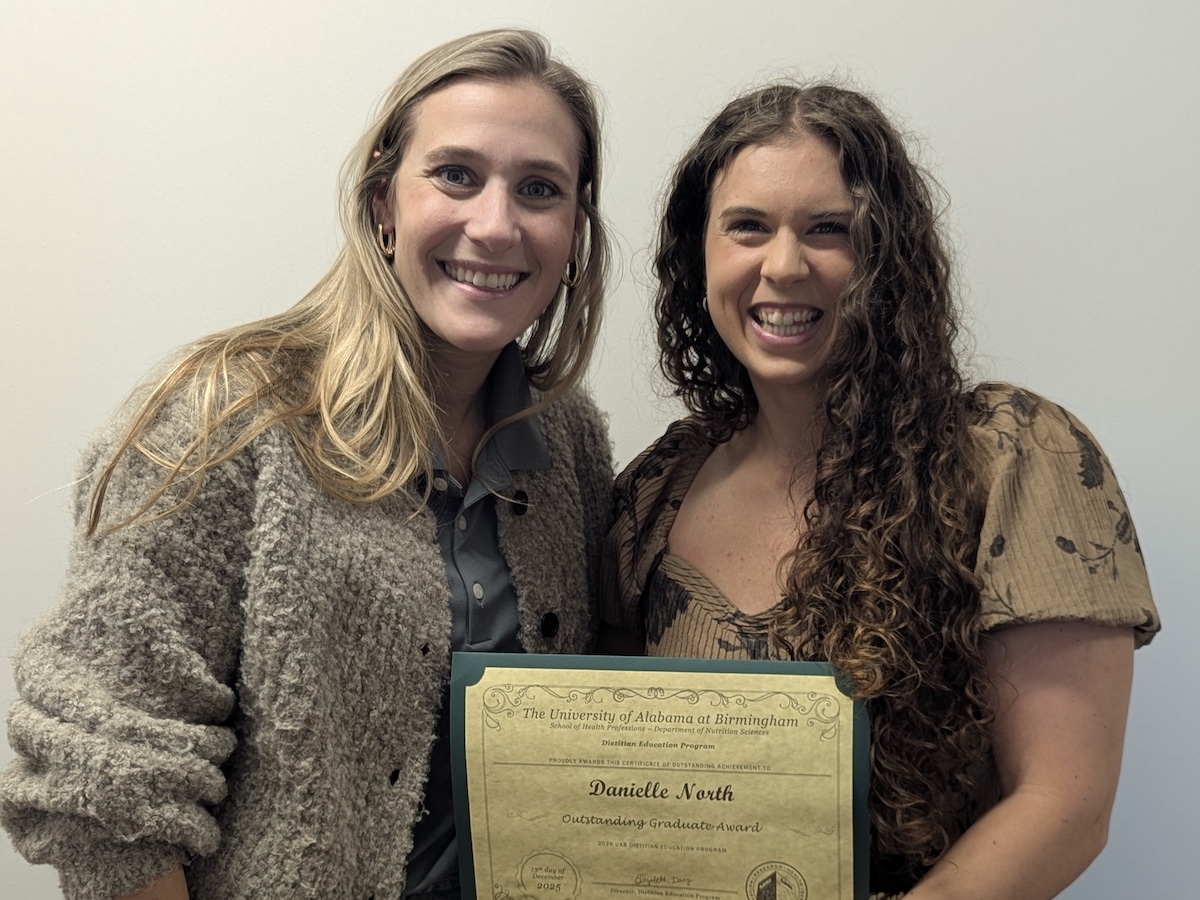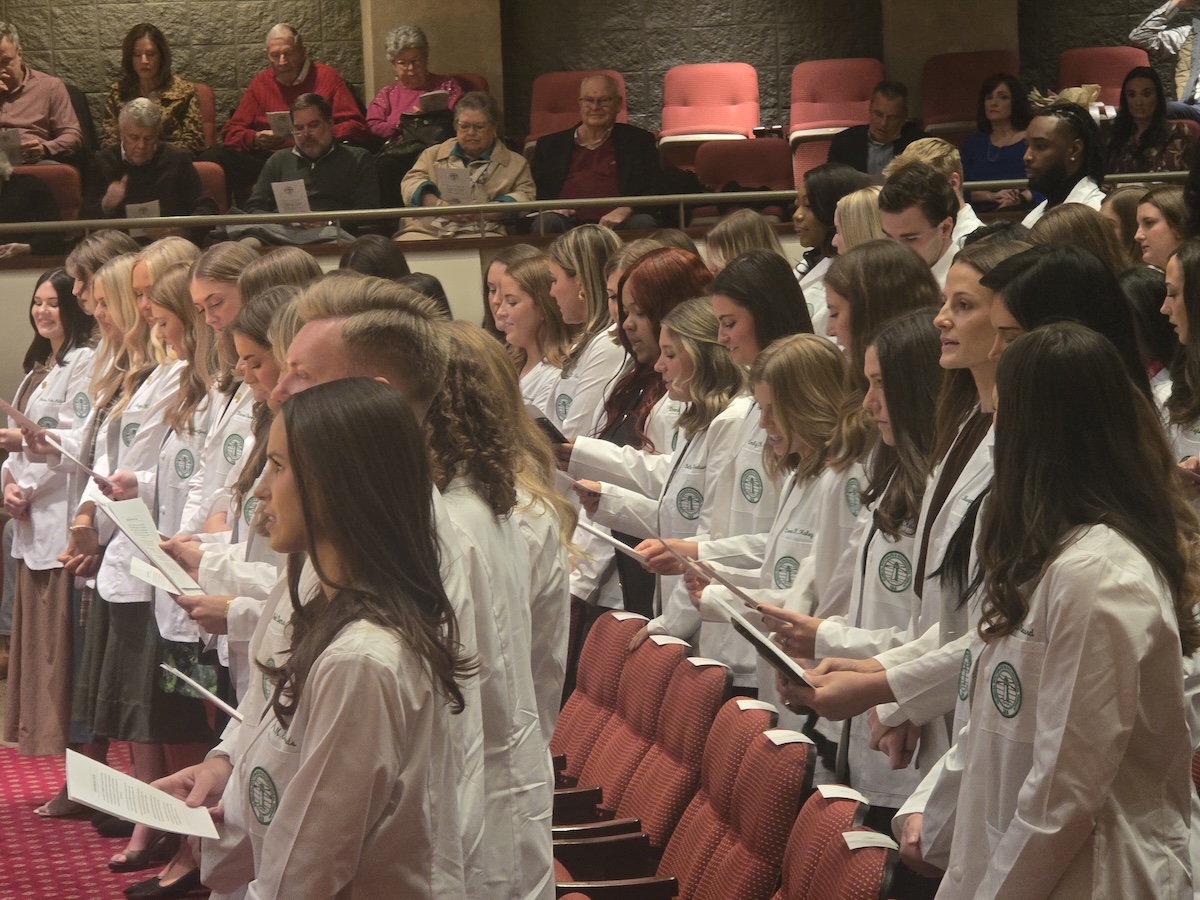UAB has been awarded a 5-year, $3.8 million cooperative agreement from the Health Resources and Services Administration (HRSA) to establish the nation’s first Rapid Response Telehealth Data Analysis and Issue Specific Telehealth Research Studies Center.
The award positions UAB as the sole institution in the country tasked with providing fast-turnaround telehealth data analysis and research to inform national policy and practice.
 Dr. Tapan Mehta“This is a one-of-a-kind center,” said Dr. Tapan Mehta, principal investigator of the grant and CEDHARS core director of data coordinating. Out of all the applicants nationwide, UAB was selected as the only site for this initiative.”
Dr. Tapan Mehta“This is a one-of-a-kind center,” said Dr. Tapan Mehta, principal investigator of the grant and CEDHARS core director of data coordinating. Out of all the applicants nationwide, UAB was selected as the only site for this initiative.”
The project, known as the Telehealth Outreach and Policy for Rural and Underserved Populations (TOP-UP) Center, will receive $775,000 annually through 2030.
“We will be providing rapid, data-driven responses to critical policy questions on telehealth, supporting HRSA, policymakers and practitioners,” Mehta said.
It will operate as a hub for answering urgent policy questions, producing short-term research studies and developing accessible policy briefs on telehealth’s impact across the U.S.
National Role in Telehealth Policy
The center is part of HRSA’s effort to expand access to health care, particularly for medically underserved, rural and disabled populations. Under the award, UAB will be responsible for completing one to two rapid response data analyses each month and three issue-specific research studies annually, each designed to be completed in as little as one to three months.
The scope of work includes compiling and analyzing national datasets – from Medicare and Medicaid claims to electronic health records and community health center data – and translating findings into concise, policy-ready briefs. These outputs will be published on HRSA’s platform for public access
“The exciting part is the potential impact,” Mehta said. “By turning complex data into actionable insights, we can help shape policies that affect how telehealth is practiced nationwide. This is about real-world outcomes – making care more accessible.”
Focus on Underserved and Rural Communities
The TOP-UP Center will initially launch three projects:
- Community Health Center Utilization (UDS Data): Led by Mehta and Deputy PI Dr. Navneet Baidwan, this study will analyze how telehealth is used across federally qualified health centers.
- Medicaid Claims Data Study: Led by Dr. Pia Sen of the School of Public Health, this project will examine telehealth’s role in serving Medicaid populations.
- Medicare 5% Sample Study: Directed by Dr. Jeff Curtis of the Heersink School of Medicine, this project will evaluate telehealth’s effects on older adults
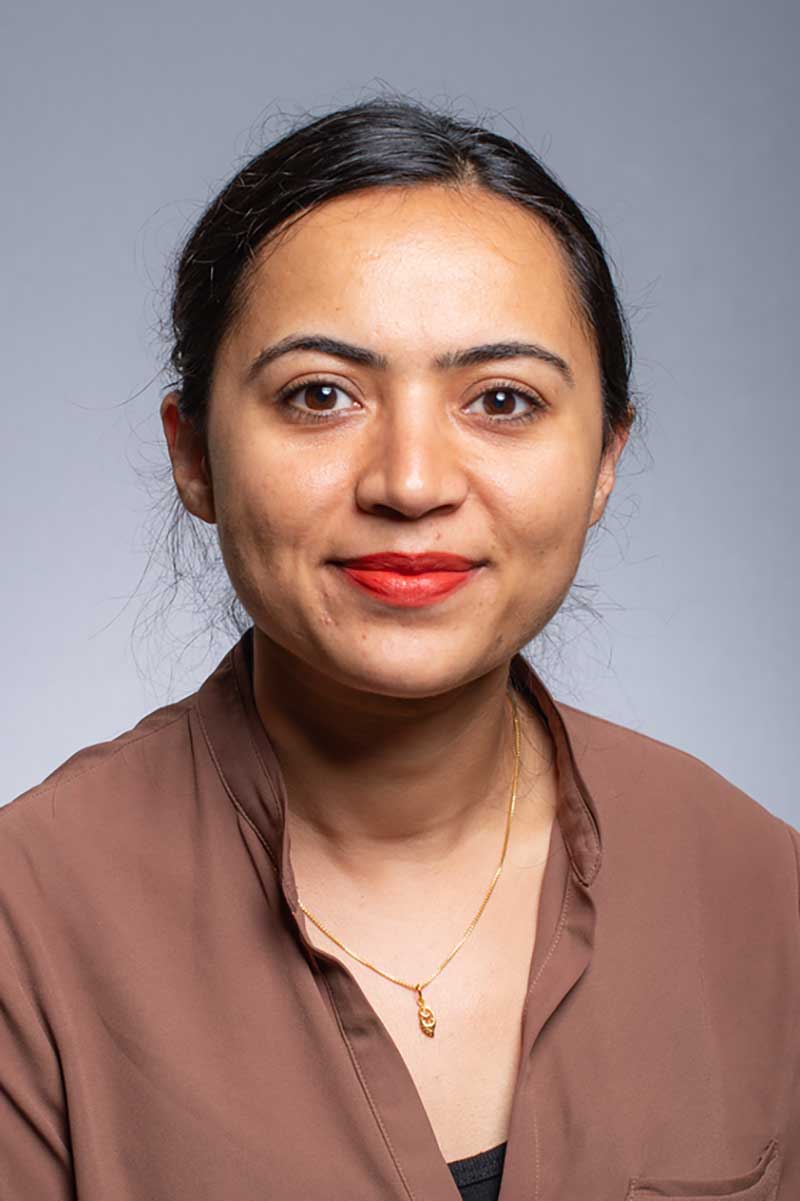 Dr. Navneet Baidwan
Dr. Navneet Baidwan 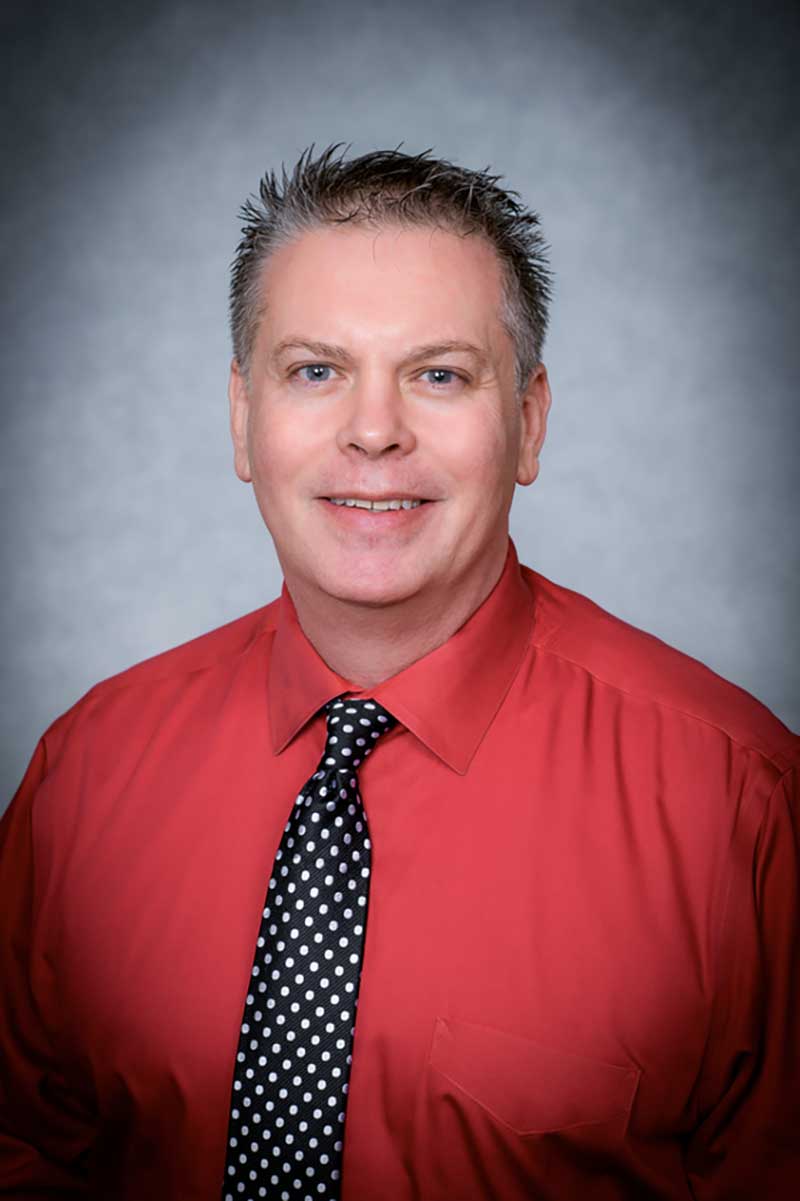 Dr. Jeff Curtis
Dr. Jeff Curtis 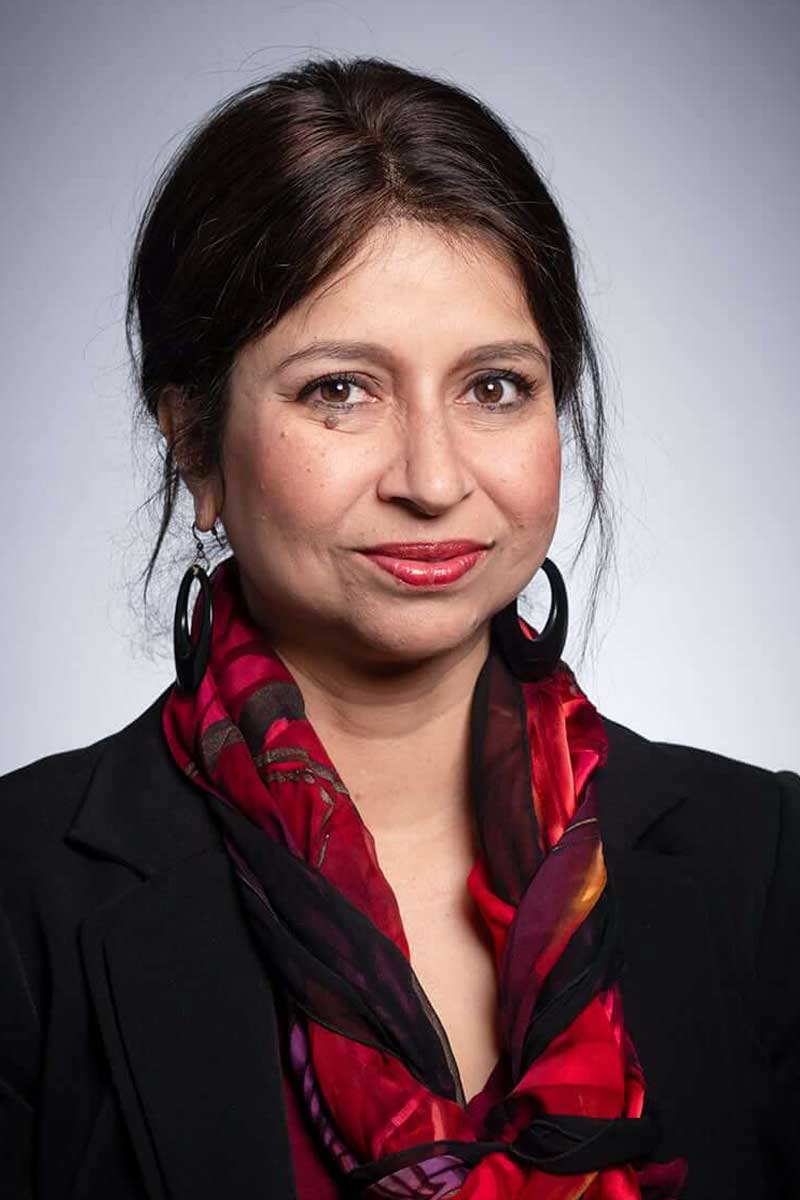 Dr. Pia Sen
Dr. Pia SenMehta emphasized that telehealth is especially critical for groups with barriers to traditional in-person care.
“We specifically plan to look at how telehealth impacts people with disabilities, individuals with mobility limitations and rural communities,” he said.
Building Capacity at UAB
Beyond research, the center also serves as a professional development opportunity for UAB staff. Mehta credited Baidwan, who played a vital role in developing the proposal, with stepping into leadership as deputy principal investigator. He also highlighted the role of Rebekah Kummer, a scientist who will serve as technical writer for policy briefs.
“This project is not just about answering national questions,” Mehta said. “It’s about building capacity here at UAB, training the next generation of telehealth researchers and amplifying the contributions of emerging leaders.”
HRSA’s Mission and Oversight
HRSA, a bureau within the U.S. Department of Health and Human Services, focuses on expanding access to care for uninsured, underserved and rural populations. Through cooperative agreements like this, HRSA will remain actively involved in guiding UAB’s research agenda, reviewing methodologies, and approving public dissemination of findings
“The fact that this is an inaugural center makes it even more exciting,” Mehta said. “HRSA has envisioned this role for a while, and UAB now has the opportunity to set the national standard.”
A National Resource for Policymakers
The center’s outputs are designed for broad audiences—federal and state policymakers, health care providers, researchers and the public. Findings will be shared through policy briefs, webinars, conference presentations and publications, with the goal of ensuring that telehealth policies are grounded in data.
“This center ensures that decisions about telehealth are guided by evidence, not guesswork. It’s a privilege for UAB to contribute in shaping the discussion around telehealth policy and health services at a national level.”
